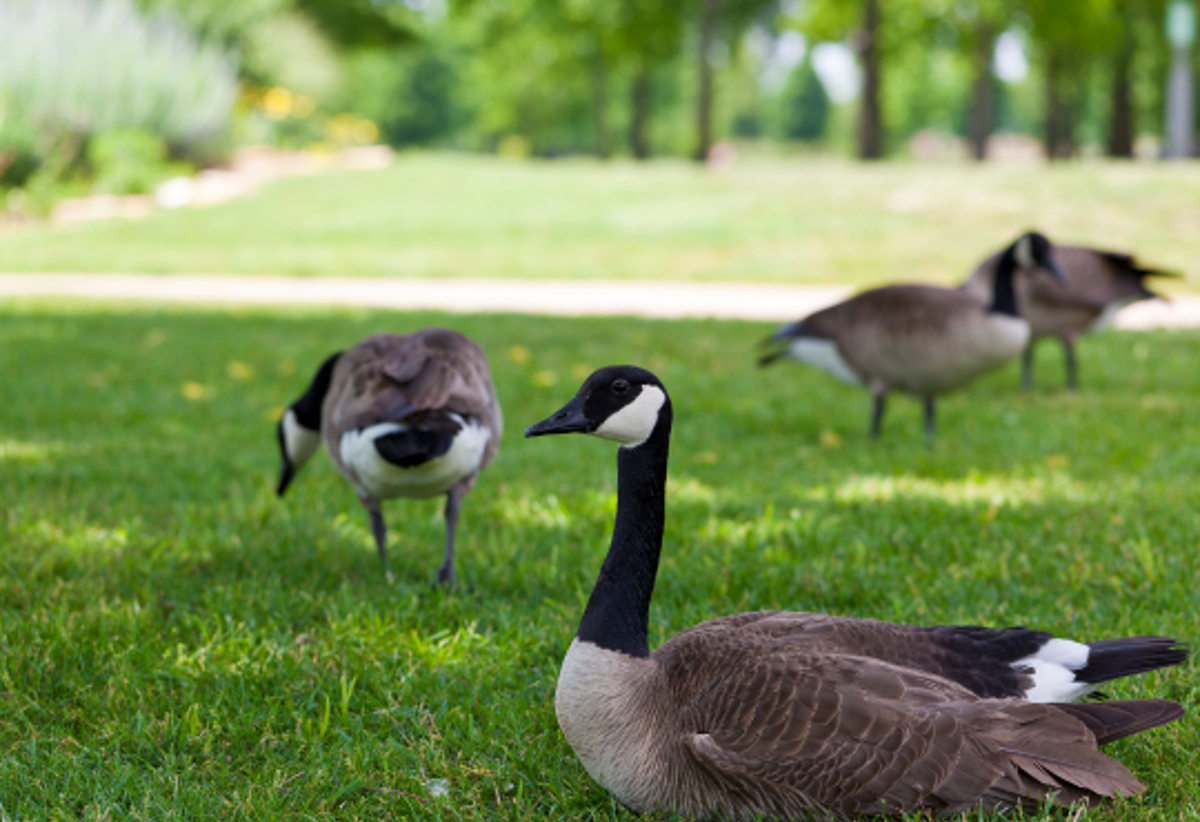Pest animals
Pest animals are a major threat to our native plants and wildlife. They compete for their food and habitats, damage ecosystems, and prey on indigenous plants and animals, making it harder for them to thrive and survive.
Animal pest management
Greater Wellington (GW) is responsible for controlling pest animals and plants throughout the Wellington region. For more information and advice, contact GW’s Biosecurity team by phoning 0800 496734 or visit the Greater Wellington website.
They maintain a great database of the pest plants and animals in our region – see Pest and Weed Central.
Landcare Research scientists estimate more than 25 million native birds are killed annually by imported predators. To help combat this Greater Wellington engages in systematic trapping and poisoning in Kāpiti, as do some community groups and landowners.
Find out about Predator Free groups in Kāpiti
What we do
In Kāpiti, we also work to control pest animals and invasive weeds in our parks, reserves and ecologically significant sites. We also provide support, assistance and advice to landowners with ecological sites identified on their properties.
See GW's interactive map for pest control operations currently happening in Kāpiti.
) Photo: Ngā Manu Nature Reserve
Photo: Ngā Manu Nature Reserve
Common pest animals in Kāpiti
Argentine ants
Argentine ants are one of the world’s most problematic ant species. They are aggressive and territorial, so while they are not poisonous, they can bite people.
Besides being a major household and garden pest, Argentine ants kill and displace native invertebrates that many indigenous species depend on. They will eat lizards, bird eggs and newly hatched chicks, potentially threatening endangered populations.
) Photo: Andrew Townsend – from Greater Wellington
Photo: Andrew Townsend – from Greater Wellington
Canada geese
The number of Canada geese in Kāpiti has been growing, particularly at Awatea Lakes and Otaraua Park. We've counted flocks of up to 270 birds.
Our community has raised concerns about their impact on public spaces, including sports fields and parks. Their droppings can carry diseases such as avian influenza, campylobacter, Escherichia coli, and salmonella, and large populations can foul waterways.
As a result, we’ve been taking steps to control this population, and reduce the health risk for people using our public spaces.
Population control is considered for rural or semi-rural areas, but for safety reasons will not be carried out in urban areas.
Our approach is to control the population, rather than eradicate them.
)
Possums
Possums occur in high numbers and their own predators, such as feral cats, do not have much effect on controlling possum population size.
Leaves are the main part of their diet, but possums also eat native birds and their eggs, land snails such as Powelliphanta, and invertebrates including weta. They compete with native birds and reptiles for food and their grazing can kill our indigenous trees and plants.
Possums also spread bovine tuberculosis, which is of concern in dairy and deer farming.
) Photo: JJ Harrison - Austin's Ferry, Tasmania 2009 - From Greater Wellington
Photo: JJ Harrison - Austin's Ferry, Tasmania 2009 - From Greater Wellington
Rabbits
European rabbits were amongst the earliest of mammalian pests to be introduced to New Zealand. They are significant agricultural and ecological pests.
Rabbits are flourishing along our river and expressway tracks and trails. Waka Kotahi (NZTA) and Greater Wellington are responsible for controlling these populations.
) Photo: Greater Wellington
Photo: Greater Wellington
) Photo: Greater Wellington
Photo: Greater Wellington
For more in-depth information, visit the GWRC pest animals database or check out resources from Biosecurity New Zealand, DOC, and Landcare Research.
Find out more about Predator Free groups in your part of Kāpiti
Together, we can protect Kāpiti’s natural environment.